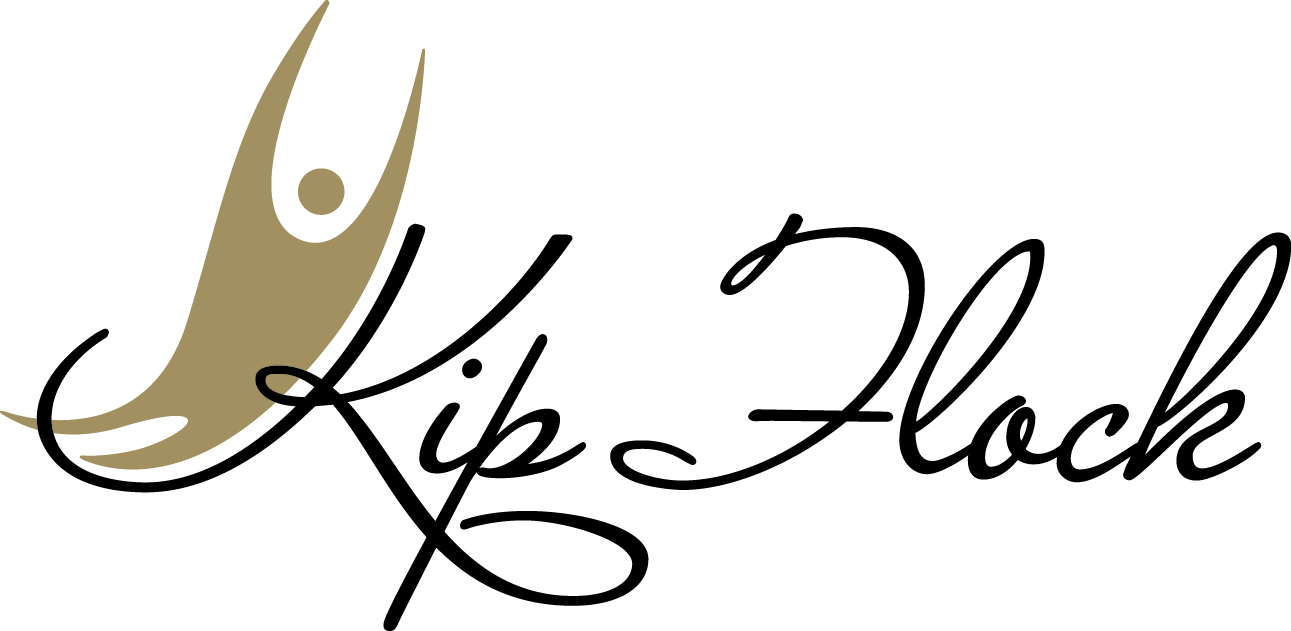An undeniable fact is that stress causes or amplifies life-threatening conditions, such as chronic disease, depression and addictions. You can drastically reduce emotional and physical suffering by raising your sense of calm and mastery.
1. Know your stress map.
Make a list of the stressors in your life, what triggers stress, and how you cope. Be aware of excesses in how you cope in terms of frequency, intensity, duration and what is not accepted socially. What are your coping deficits, where your response to stress fails to occur with: sufficient frequency, adequate intensity, appropriate form or under socially expected conditions. H.R Beech suggests these tips in “A Behavioral Approach to the Management of Stress: A Practical Guide to Techniques.”
2. Relax.
Herbert Benson wrote a book called “The Relaxation Response.” Breathing has a central role in achieving a sense of calm. One of the components of anxiety is slowed, controlled, shallow breathing. The following are breathing techniques to achieve relaxation:
- watch your breath from the tip of your nose—mindful only of the air going in and out while breathing deeply and slowly;
- add the word relax to the exhale;
- add numbers to the exhale, i.e. relax 1, relax 2 and continue the count;
- breathe in for a count of 8, hold your breath for a count of 8, exhale for a count of 8;
- add an extended exhale for a count of 16, then 24, then 32—make sure to give yourself permission to take a breath when needed during the exhale extensions.

